
Table of Contents
Choosing the right coding languages for games is key to performance and scalability. C++ powers high-performance games, while C# is essential for game development based on Unity. Python and JavaScript streamline mobile and indie game development. Selecting the best game development languages ensures smoother workflows, efficient debugging, and immersive player experiences, from AAA titles to indie projects.
Programming languages define a game’s performance, usability, and general success. Ranging from game programming languages C++ and C# to Python and JavaScript, each has its own purpose. AAA game art studios use high-performance programming, while independent developers employ adaptable scripting tools. Choosing the proper language provides an easy development process, better gameplay, and enhanced platform performance.
Selecting the most appropriate language is critical to performance and scalability. C++ game language is ideal for AAA games, while Unity game language C# provides adaptability for indie genre and mobile game development companies to ensure optimized, engaging experiences across platforms.
C++ plays a pivotal role in the gaming industry, powering some of the most renowned game engines. Due to its high-performance capabilities, efficient memory management, and ability to directly interface with hardware, it is the preferred choice for many large-scale, high-fidelity games. Engines like Unreal Engine and CryEngine leverage C++ to create visually stunning and immersive experiences.
1. Primary Language for Unreal Engine
2. Used in Major Game Engines
3. Performance and Optimization
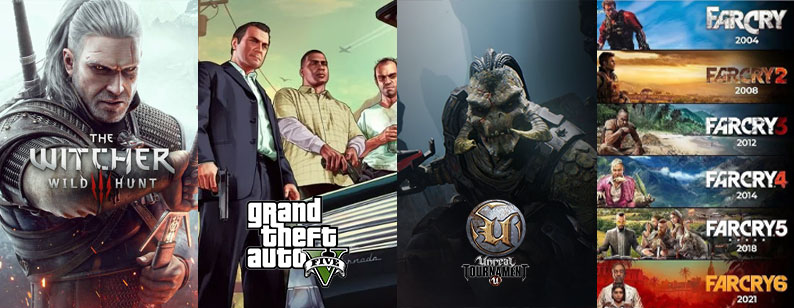
– The Witcher 3: Wild Hunt – Built using the REDengine, which is heavily based on C++.
– Grand Theft Auto V – Uses Rockstar Advanced Game Engine (RAGE), which is powered by C++.
– Unreal Tournament – A prime example of Unreal Engine’s C++ capabilities in action.
– Doom (2016) & Doom Eternal – Developed with id Tech, a C++-based game engine.
– Far Cry Series – Created using CryEngine, which relies on C++ for its high-performance rendering.
| Feature | C++ | C# | Python | Java |
| Performance | High, optimized for AAA game | Moderate, suitable for Unity | Low, mainly for scripting | Moderate, used in mobile games |
| Primary Use | PC & console, Unreal Engine | Mobile & indie, Unity | AI & scripting, tools | Mobile, Android games |
| Complexity | High, requires expertise | Easier for beginners | Beginner-Friendly | Moderate learning curve |
| Game Engines | Unreal Engine, CryEngine, RAGE | Unity | Godot (scripting), Blender | LibGDX, custom Android engines |
C# is one of the most widely used languages for indie games, particularly in game development with Unity. Its versatility, ease of learning, and managed memory system make it an excellent choice for both beginner and professional developers. Unlike Unreal Engine coding language, which primarily uses C++, C# is preferred for rapid development, offering a balance between performance and simplicity.
Ideal for Mobile and Cross-Platform Games
Simplifies Game Development for Indies and Small Studios
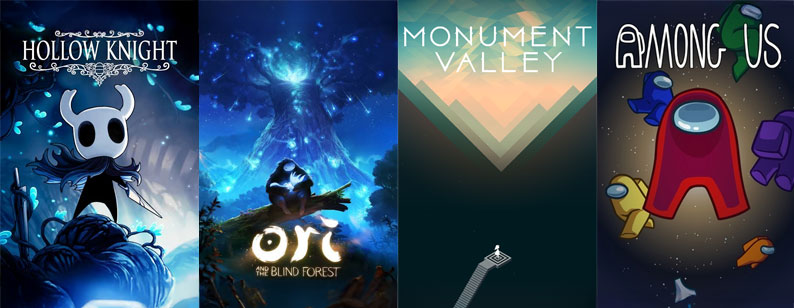
C# is a strong contender in game development, particularly when used with Unity. As one of the top programming languages for mobile games, it allows developers to create high-quality games with ease. Although C++ is the primary language for AAA titles in Unreal Engine, C# is favored by indie developers and mobile game creators because of its user-friendly nature, robust community support, and excellent cross-platform functionality.
Java has been a favorite among programming languages for game development for many years, famous for being platform independent, scalable, and versatile. Although not as prevalent as Unity for C#, Java is still a favourite, especially for mobile games and games developed for the browser. As a result of the Java Virtual Machine (JVM), Java-based games can be executed on many platforms, and hence it is a popular choice as a mobile game language and cross-platform tool.
Java is commonly associated with engines like:
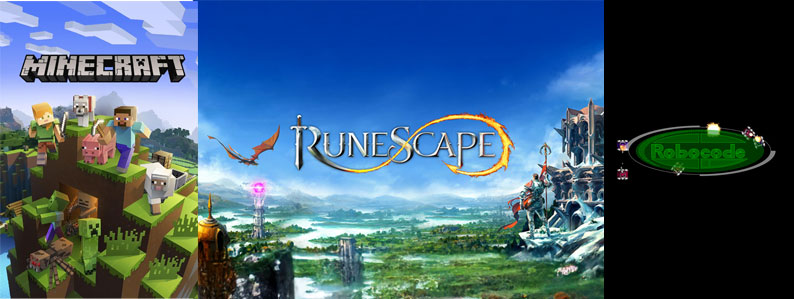
Several successful games have been built using Java, including:
Java continues to be a viable option for game development, particularly for indie developers and studios targeting mobile and web-based platforms. Its robustness, strong community support, and compatibility with Android make it an essential part of modern game programming.
JavaScript has emerged as a powerful programming language for game development, especially for browser-based and lightweight mobile games. While not as prevalent as C++ game development or game development language for Unity, JavaScript is widely used due to its seamless integration with web technologies. With the help of HTML5 and WebGL, it enables cross-platform gaming experiences without requiring additional plugins.
JavaScript is commonly used with the following game engines and frameworks:
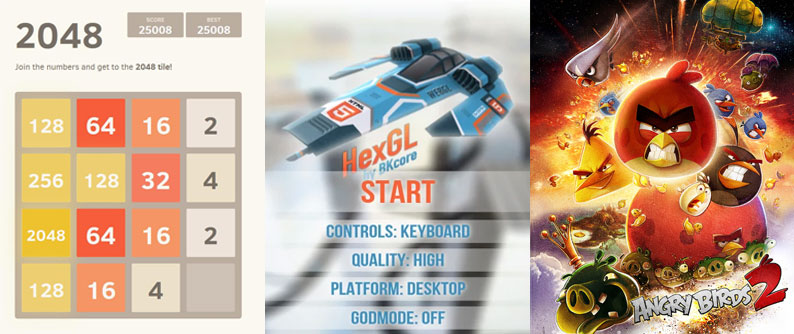
Many successful browser-based games have leveraged JavaScript, including:
JavaScript remains an essential tool, especially for indie developers and web-based projects. Its ability to create fast, interactive, and visually rich games makes it a great choice for cross-platform development, particularly in casual and browser-based gaming experiences.
HTML5 has gained widespread adoption as a game development platform because it is versatile, light, and cross-platform. It allows developers to design games that are easily accessible in web browsers without the need for extra plugins. In contrast to the conventional Unity game development language options of C# or C++, HTML5 is mostly employed for browser-based and light mobile games. It enables programmers to create games that are compatible with several devices, which is why it is a key component of mobile game languages these days.
Several game engines support HTML5 game development, including:
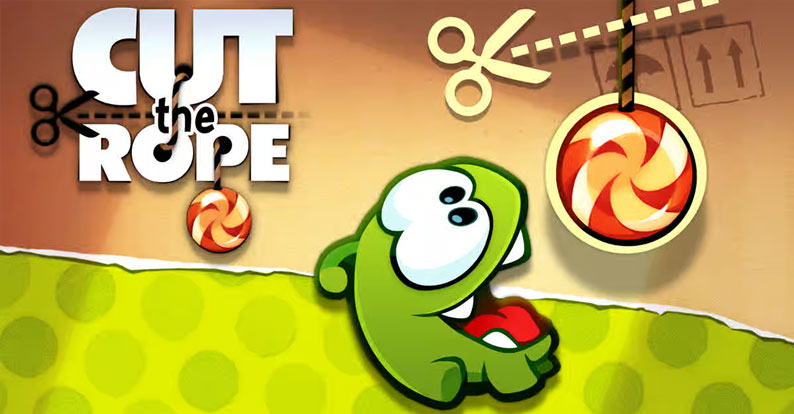
Many successful games have leveraged HTML5, including:
HTML5 continues to be a strong contender in game development, especially for indie and web-based projects. With growing support from modern game engines, it remains a powerful tool for creating engaging, cross-platform experiences without platform restrictions.
Python has gained recognition in the gaming industry for its simplicity, ease of learning, and flexibility. While not as widely used as like C# or C++, Python is an excellent choice for prototyping, AI scripting, and 2D game development. It’s clear syntax and vast library support make it ideal for beginners and indie developers alike. Unlike engines like Unreal, which rely heavily on C++, Python is more commonly associated with lightweight engines and frameworks suited for simpler game mechanics and logic.
Python is often used with game engines and frameworks such as:
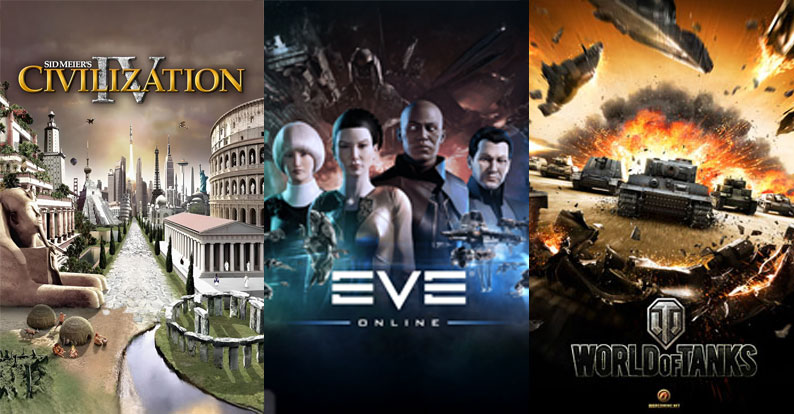
| Feature | Python | C++ | C# | Java |
| Ease of Learning | Very easy | Difficult | Moderate | Moderate |
| Performance | Slower than C++ | High | Moderate | Moderate |
| Use in Game Engines | Pygame, Panda3D, Godot (limited) | Unreal Engine, CryEngine | Unity, Godot | LibGDX, jMonkeyEngine |
| Best for | Prototyping, AI scripting, 2D Games | AAA Titles, High-Performance Games | Indie Games, Mobile Games | Mobile & Cross-Platform |
Python stands out in its accessibility and rapid development capabilities. While it may not match C++ or C# in raw performance, it remains a valuable language for indie developers and those experimenting with game development.
Lua stands out as a robust yet lightweight scripting language, enjoying widespread adoption in the game industry due to its simplicity, speed, and adaptability. Unlike many other languages used in mobile game development, which typically demand more intricate syntax and greater processing power, Lua excels as an embedded scripting language. It is particularly well-suited for managing game mechanics, AI behaviors, and modding capabilities. Additionally, Lua’s seamless integration with major game engines has made it a favorite among developers seeking to build dynamic and flexible game systems.
Lua is often used alongside major game engines, making it a great option for developers performing juxtaposing between game language comparison:
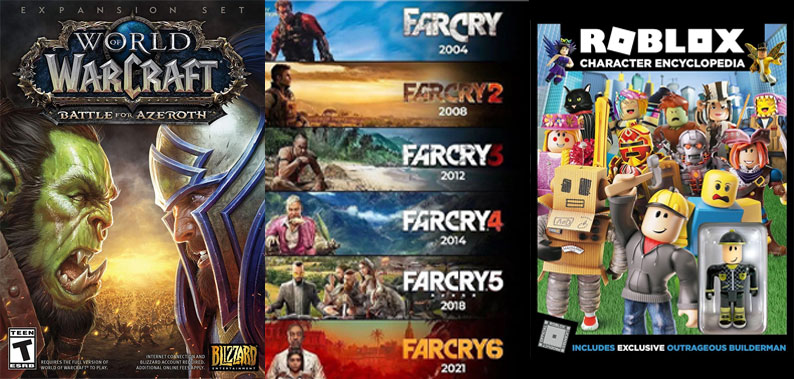
Lua has been widely adopted by indie game developers due to its ease of use and versatility. Some well-known games that have leveraged Lua for scripting and modding include:
As developers explore the best game development language, Lua remains a valuable tool for those seeking an efficient scripting solution that enhances flexibility and creativity in game design.
Choosing the right programming language is crucial in game development, with each offering unique advantages. Whether it’s mobile game coding languages like Java, scripting with Lua, or powerful engines like Unreal using C++, the choice depends on project needs. Understanding these languages ensures efficient development and optimized game performance.
At Juego Studios, a renowned game development studio, we specialize in game development language expertise, ensuring your project is built with the best coding solutions for seamless performance and innovation. Our tailored game programming languages services help optimize gameplay, graphics, and mechanics, blending technical precision with industry insights. Whether you’re developing an indie game or a large-scale AAA title, our team ensures the right technology stack enhances efficiency, performance, and cross-platform compatibility. From coding languages for mobile games to powerful engines like Unreal and Unity, we bring your vision to life with expert programming, creating immersive and high-quality gaming experiences.
The choice of languages for game programming significantly impacts a game’s performance, mechanics, and scalability. From powerful engines like Unity and Unreal, selecting the right language is crucial for creating seamless and engaging experiences.
For developers, understanding game development languages helps in choosing the best technology for their project, ensuring efficiency, cross-platform compatibility, and innovation. By leveraging the right programming languages and working with experienced professionals, game creators can build high-performance, visually stunning, and immersive experiences that stand out in the competitive gaming industry.
The best coding language for games depends on the game type, platform, and engine. C++ is widely used for high-performance games, especially in engines like Unreal Engine. C# is preferred as a language for Unity game development, making it a great choice for indie and mobile games. Python is beginner-friendly and used for prototyping, while Java is common in mobile and web-based games.
At Juego Studios, we work with a variety of game development language comparison approaches to choose the best programming language for each project, ensuring optimized performance, scalability, and engaging gameplay across platforms.
GTA 5, developed by Rockstar Games, primarily uses C++ for core game mechanics and rendering. C# is used for tools and scripting, while Python plays a role in data analysis and AI behaviors. The game engine, Rockstar Advanced Game Engine (RAGE), also integrates assembly language for low-level optimizations.
At Juego Studios, we leverage industry-standard languages like C++ to build high-performance, open-world games with seamless mechanics, ensuring smooth gameplay across platforms. Understanding the right language and engine combination is essential for achieving the scale and realism seen in games like GTA 5.
Both Java and Python are useful in game development, but their applications differ:
While Java is better for performance-heavy applications, Python is easier for beginners. At Juego Studios, we help developers choose the right indie game development languages based on project needs, ensuring efficient and engaging game creation.
For 3D games, C++ and C# dominate the industry:
At Juego Studios, we specialize in ensuring developers choose the best language for their 3D projects. Whether it’s a photorealistic game built in Unreal Engine or an interactive experience in Unity, selecting the right language is key to seamless performance and visual excellence.
For beginners, the best programming languages depend on ease of learning and practical application:
At Juego Studios, we guide aspiring developers in selecting the right programming language for games based on their career goals, ensuring they start with the most effective and versatile tools for game development.
Languages for game programming have evolved from low-level assembly coding to high-level, engine-integrated languages. Earlier, developers primarily used C++ as a language for performance-heavy titles, while scripting languages like Lua emerged for AI and gameplay mechanics. Today, C# game development dominates Unity game development language, making it easier for indie developers to create cross-platform games.
Current trends include
At Juego Studios, we stay ahead of these trends, ensuring our games leverage the best languages for efficiency, scalability, and immersive gameplay experiences.